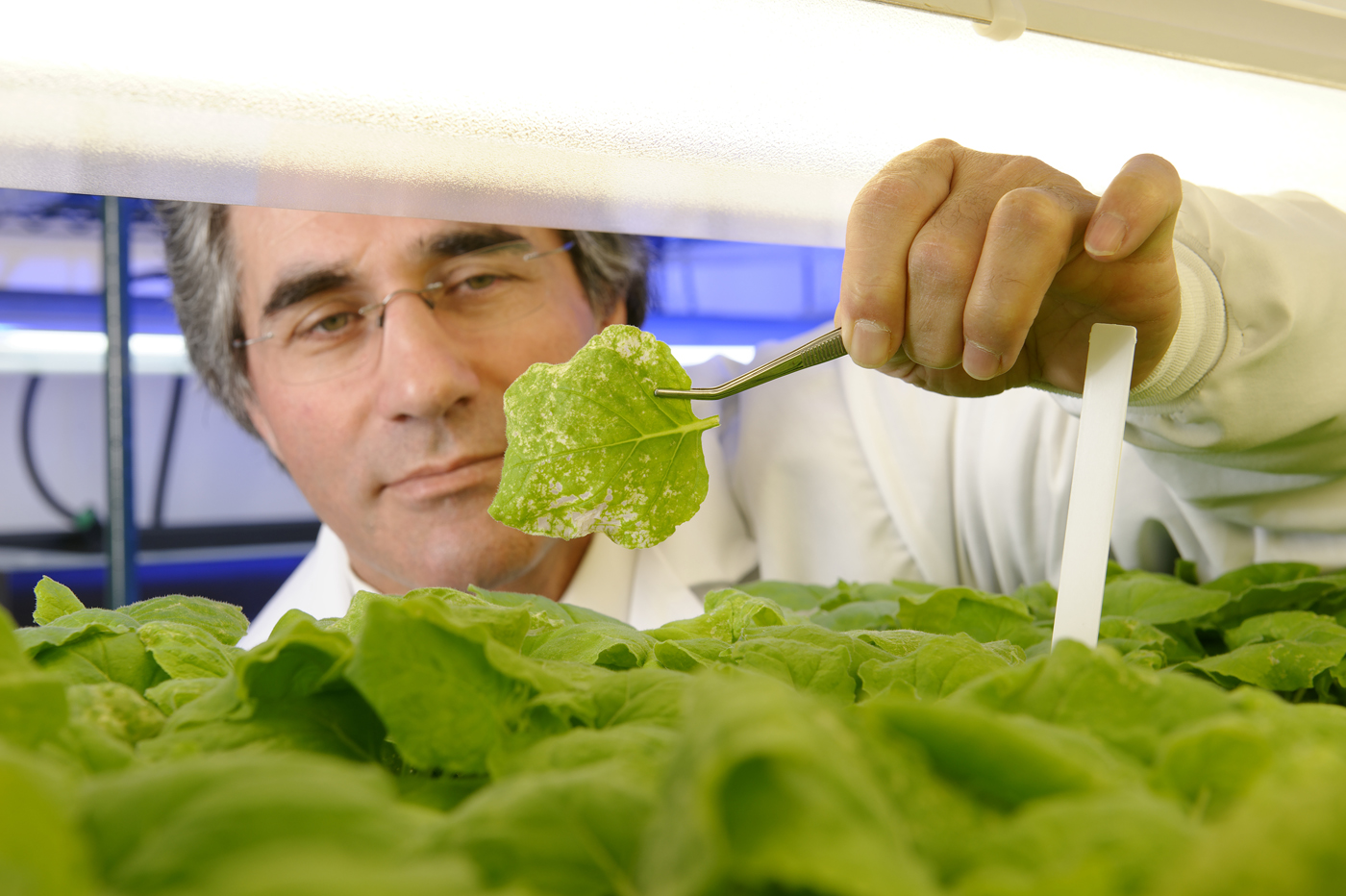A Life Sciences Success Story
The pursuit of new medications and the medical technology devices of the future: At Fraunhofer USA's research centers, science professionals transform the latest scientific findings into practical industrial solutions. Over the past 15 years, this wholly-owned subsidiary of Fraunhofer-Gesellschaft -Europe's largest research institution devoted to applied research - has successfully staked its territory and expanded its position in the US. On October 22 Fraunhofer USA celebrates its 15th anniversary in Washington DC.
From time to time, transatlantic networks also unlock completely new interdisciplinary research approaches. So, for instance, mechanical engineers, molecular biologists and biophysicists are collectively developing a "lab-on-a-chip". The team includes researchers from the Center for Manufacturing Innovation CMI in Boston, scientists at Boston University, clinicians from Beth Israel Deaconess Medical Center and Harvard Medical School, engineers from the Fraunhofer Institute for Manufacturing Engineering IPT and experts from the Fraunhofer Institute for Molecular Biology and Applied Ecology IME in Aachen. At the core of the mini-lab, a desktop instrument is a chip that can isolate and analyze DNA and RNA from blood samples. "Lab-on-a-chip technology is a quantum leap in device development. Until now, scientists had to use a fully equipped laboratory to prepare and test genetic samples using PCR – Polymerase Chain Reaction – -technology," explains Dr. Alexis Sauer Budge of CMI. "Now, everything fits on a small chip, no larger than a credit card."
Lab on a Chip: Multi-discipline à la Fraunhofer
Based on expert opinions, lab-on-a-chip technology will revolutionize the practice of medicine in the very near future. Previously, physicians and patients had to wait hours, sometimes even days, for the results from the clinical laboratories. The mini-labs allow for immediate, onsite administration of the tests – letting medical professionals to dispense with waiting for the results from the laboratory. Indeed, tests in a mini-lab are still considered expensive – chips manufactured with conventional silicon technology have pricing on their side. "Our process is considerably cheaper, because our chips were produced in plastic," explains Dr. Alexis Sauer-Budge. Colleagues from IPT, the German parent institute in Aachen, have produced the chips by injection molding. "Now we can manufacture chips in the single dollar range. That's a significant improvement." Now that the prototype is finished several US- and Europe-based corporations have already signaled their interest in the technology. The potential uses for lab-on-a-chip technology are manifold: Besides testing hereditary substances, they are also suitable for analyzing bacterial and viral infections with immunoassays. Together with their German colleagues, the American researchers are currently working on new tests – such as the test to diagnose bacterial meningitis.
Medications of the future, "Made by Fraunhofer"
"New technologies such as the plant-based production of pharmaceuticals might deeply influence the bio-manufacturing and pharmaceutical development of the future", states Dr. Vidadi Yusibov, the Director of the Fraunhofer Center for Molecular Biology in Delaware. Several years ago, CMB received a grant from the Bill and Melinda Gates foundation to develop an affordable and effective subunit vaccine against avian influenza viruses. Using plants to produce the antigens that are needed for the production of the vaccination the researchers now have selected pre-clinical candidates and are planning to initiate a clinical development program to further develop these candidates. "There has been an increasing interest in our technology and its capabilities within the scientific community, not only in the US but abroad as well," says Yusibov. The CMB and Fraunhofer Institute for Molecular Biology and Applied Ecology IME in Germany are planning to combine their efforts to facilitate and promote the validation of this highly valuable technology.
